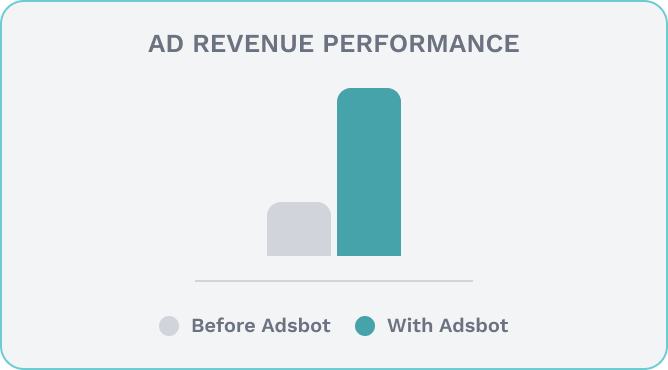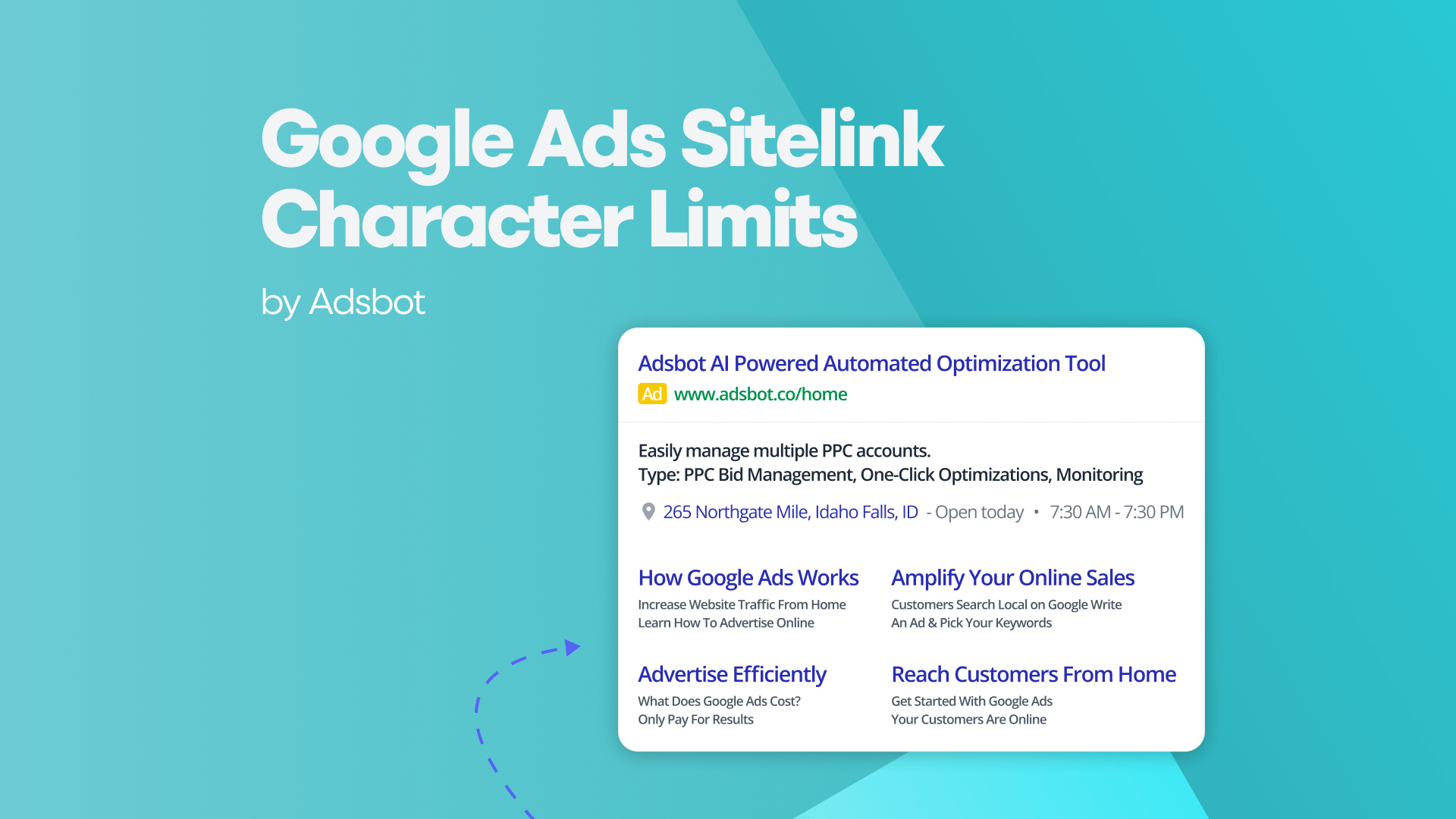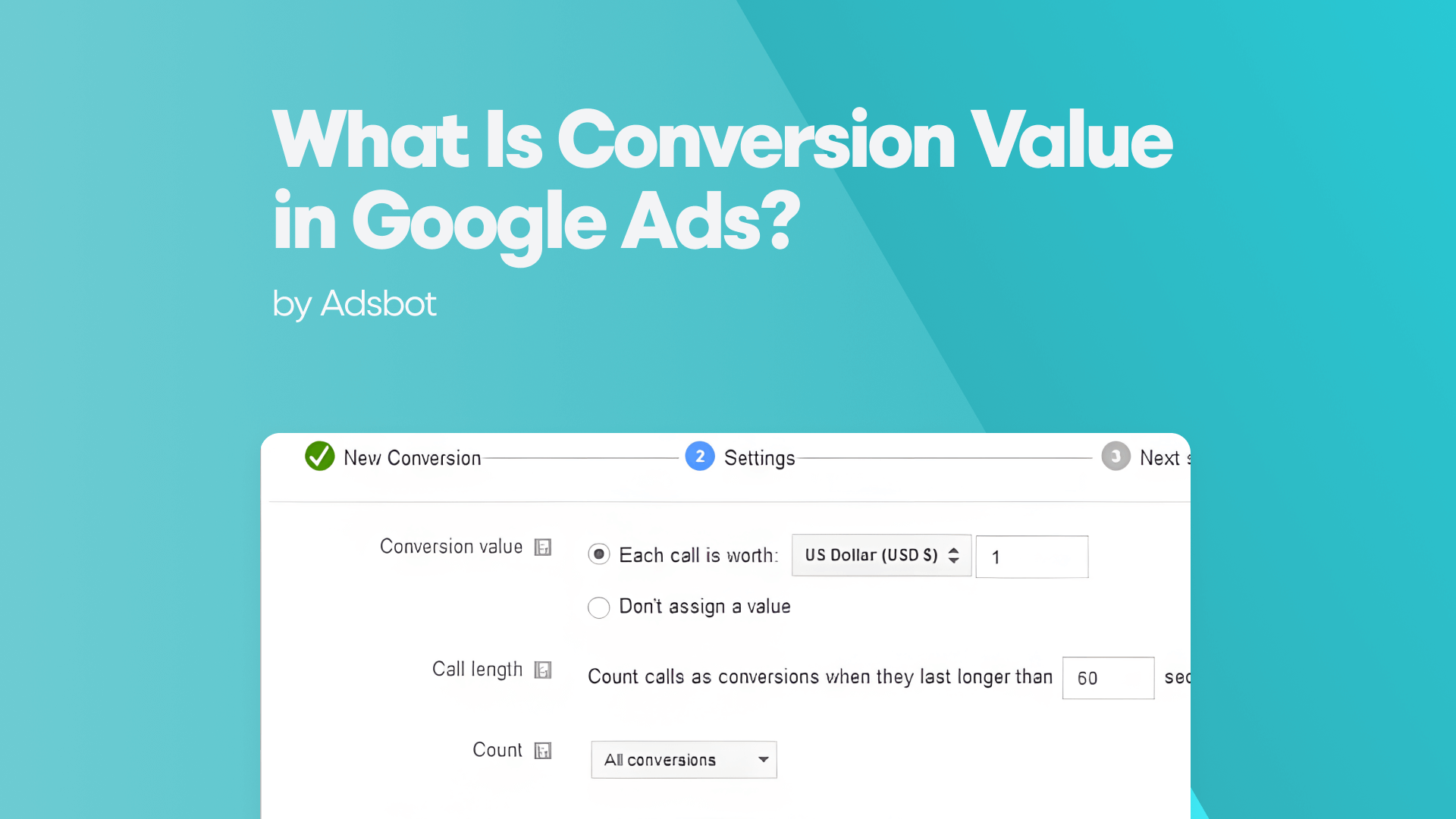In the world of digital marketing and search engine optimization (SEO), a robust keyword strategy is fundamental to driving organic traffic, improving search engine rankings, and ultimately achieving online success. Keywords are the phrases or terms that users enter into search engines when looking for information, products, or services. By strategically selecting and optimizing these keywords, businesses can attract the right audience and increase their visibility on search engine results pages (SERPs).
What is Keyword Strategy
A keyword strategy is a comprehensive plan that involves researching, selecting, and utilizing keywords to optimize web content for search engines. This strategy is essential for enhancing a website’s visibility, driving targeted traffic, and improving user engagement. Keywords act as a bridge between what users are searching for and the content you provide. When used effectively, they help search engines understand the relevance of your content to specific queries, thereby improving your rankings on SERPs.
The importance of a keyword strategy in relation to SERPs cannot be overstated. High rankings on SERPs increase the likelihood that users will click on your website. Studies have shown that the majority of search engine users do not go beyond the first page of results, making it crucial to rank as high as possible. A well-executed keyword strategy ensures that your website appears in front of users actively searching for related content, products, or services, leading to higher organic traffic and better conversion rates. You can check your visibility and SERP results on the digital marketing reporting dashboard and determine the strategies that best suit you.
How to Create a Keyword Strategy
Creating an effective keyword strategy involves several key steps. These steps help identify the most relevant and valuable keywords for your business, taking into account factors like search volume, competition, and relevance to your target audience and content.
Identifying Target Keywords
The first step in creating a keyword strategy is identifying target keywords. These are the terms and phrases that your potential customers are likely to use when searching for your products or services. You should remember that sometimes applying a niche keyword strategy can be beneficial. Start by brainstorming a list of words and phrases related to your business. Then, use keyword research tools to expand this list and gather data on search volumes and competition levels.
Evaluating Competition and Search Volume
Once you have a list of potential keywords, evaluate their competition and search volume. Targeting keywords with low competition may seem like a good strategy at first. However, search volume is also very important. High search volume indicates a greater number of people are searching for that keyword, which can lead to more traffic. However, keywords with high search volumes often have higher competition, making it more challenging to rank for them. Conversely, keywords with lower search volumes may have less competition and can be easier to rank for, especially for niche markets. Balancing between high and low competition keywords can provide a mix of achievable and high-reward targets.
Assessing Relevance to Target Audience and Content
It is crucial to ensure that the chosen keywords are highly relevant to your target audience and content. Keywords should match the search intent of your potential customers. For instance, if your business sells organic skincare products, keywords like “natural skincare routine” or “best organic face cream” would be highly relevant. Conducting audience research and understanding their needs, preferences, and search behaviors can help refine your keyword list to ensure it aligns with their interests and your content strategy.
Keyword Research Strategy
An effective keyword research strategy involves understanding your target audience, conducting thorough research, and planning your content around the most relevant keywords. Here’s how to approach this process:
Target Audience Analysis
Understanding your target audience is the foundation of a successful keyword research strategy. Analyze your audience better with target audience segmentation. Knowing who your potential customers are, what they are looking for, and how they search for information is critical. Demographic information, psychographic data, and user behavior insights can provide valuable clues about the keywords that will resonate with your audience.
Surveys, customer interviews, and analytics tools can help gather this information. Identify common questions and pain points your audience has, and consider how they might phrase their queries. This insight will guide you in selecting keywords that are not only relevant but also tailored to your audience’s needs.
Thorough Keyword Research
After gaining a deep understanding of your audience, conduct thorough keyword research. Use keyword research tools to find related keywords, long-tail keywords, and variations that match the search intent of your audience. Long-tail keywords, which are longer and more specific phrases, can be particularly valuable as they often have lower competition and higher conversion rates.
Analyze your competitors to see which keywords they are targeting. This can uncover opportunities for keywords that you may not have considered and help you understand the competitive landscape. Tools like SEMrush or Ahrefs can provide insights into your competitors’ keyword strategies and identify gaps you can exploit.
Planning and Execution
With a comprehensive list of keywords, plan your content strategy around them. Create a content calendar that includes blog posts, articles, videos, and other forms of content optimized for your target keywords. Ensure that each piece of content is high-quality, provides value, and addresses the search intent behind the keywords.
Incorporate keywords naturally into your content, including in titles, headings, meta descriptions, and body text. Avoid keyword stuffing, which can harm your rankings and user experience. Instead, focus on creating informative and engaging content that genuinely answers users’ queries.
Monitoring and Adjusting
A keyword strategy is not a set-it-and-forget-it task. Regularly monitor your website’s performance using analytics tools. Track metrics such as organic traffic, bounce rates, and conversion rates to assess the effectiveness of your keyword strategy. Use this data to make informed adjustments. If certain keywords are not performing well, consider refining your content or targeting alternative keywords. Stay updated with SEO trends and algorithm changes to ensure your strategy remains effective.
Conclusion
A well-crafted keyword strategy is essential for improving your website’s visibility, attracting the right audience, and driving organic traffic. By understanding the importance of keywords in relation to SERPs, identifying target keywords based on search volume and competition, and ensuring their relevance to your audience and content, you can create a robust keyword strategy. Conduct thorough keyword research, analyze your target audience, and plan your content around the most relevant keywords. Regularly monitor and adjust your strategy to stay ahead of the competition and achieve sustained online success. With these steps, you can optimize your website to meet the needs of both users and search engines, ensuring better rankings and increased traffic.
Popular Posts
-
How Many Keywords Should Be In an Ad Group in Google Ads?
For the vast majority of modern campaigns, the ideal number…
Read more -
Google Ads Script for Dummies: An Introduction
Imagine you have an e-commerce website that sells licensed superhero…
Read more -
Google Ads Sitelink Character Limits
Your Google Ads are cutting off in the middle of…
Read more -
What Is Conversion Value in Google Ads?
What if you could put a price tag on every…
Read more
Register for our Free 14-day Trial now!
No credit card required, cancel anytime.






